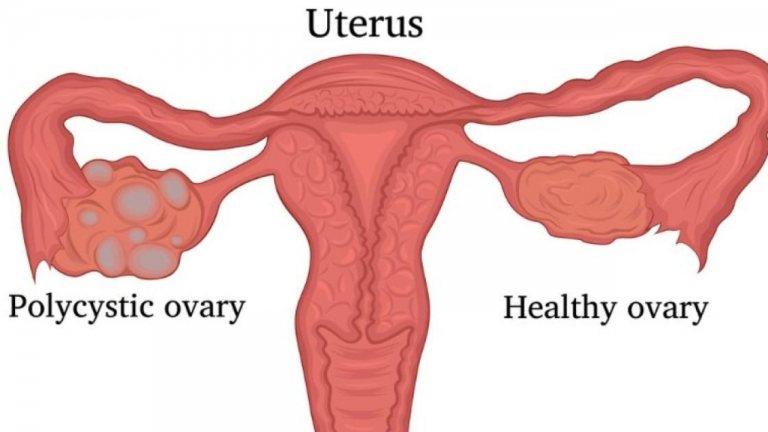Factors Affecting Women Hormones

Women’s hormones are influenced by a complex interplay of various factors, both internal and external. Hormones play a crucial role in regulating a woman’s reproductive and overall health, and imbalances can lead to various physical and emotional symptoms. Here are some factors that can affect women’s hormones:
Age: Hormone levels naturally fluctuate throughout a woman’s life. Puberty, menstruation, pregnancy, perimenopause, and menopause are all stages characterized by significant hormonal changes.
Genetics: A woman’s genetic makeup can influence her hormone levels and how her body responds to hormonal changes. Some women may be genetically predisposed to conditions like polycystic ovary syndrome (PCOS) or endometriosis, which can disrupt hormone balance.
Diet and Nutrition: Nutrient intake, including vitamins and minerals, can affect hormone production and function. For example, insufficient intake of certain nutrients like vitamin D can impact hormonal health.
Stress: Chronic stress can disrupt the balance of hormones in the body, particularly cortisol (the stress hormone). This can have a cascading effect on other hormones, such as estrogen and progesterone.
Physical Activity: Regular exercise can help regulate hormones by promoting overall health and reducing stress. However, excessive exercise or extreme training regimens can sometimes lead to hormonal imbalances, particularly in the case of female athletes.
Weight and Body Composition: Body fat plays a role in hormone production, particularly estrogen. Women who have very low body fat, such as athletes with intense training routines or individuals with eating disorders, may experience disruptions in their menstrual cycles due to hormonal imbalances.
Environmental Factors: Exposure to endocrine-disrupting chemicals in the environment, such as certain pesticides, plastics, and pollutants, can interfere with hormone function.
Medications and Birth Control: Certain medications, including hormonal contraceptives, hormone replacement therapy, and some antidepressants, can affect hormone levels in women. Birth control pills, for instance, contain synthetic hormones that regulate the menstrual cycle.
Medical Conditions: Conditions like PCOS, thyroid disorders, and diabetes can disrupt hormone balance in women and lead to symptoms like irregular periods and hormonal fluctuations.
Reproductive Factors: Pregnancy, breastfeeding, and childbirth can all lead to significant hormonal changes in women. These events can have long-term effects on hormone levels and reproductive health.
Lifestyle Choices: Smoking, excessive alcohol consumption, and drug use can negatively impact hormonal health in women.
Sleep: Poor sleep patterns and sleep disorders can affect hormones like cortisol and insulin, potentially leading to hormonal imbalances.
It’s important to note that hormone balance is unique to each individual, and what may affect one woman’s hormones may not affect another’s in the same way. If you suspect a hormonal imbalance or are experiencing symptoms such as irregular periods, mood swings, or changes in weight, it’s essential to consult a healthcare provider for proper evaluation and treatment. They can help determine the underlying causes and recommend appropriate interventions to restore hormonal balance.



